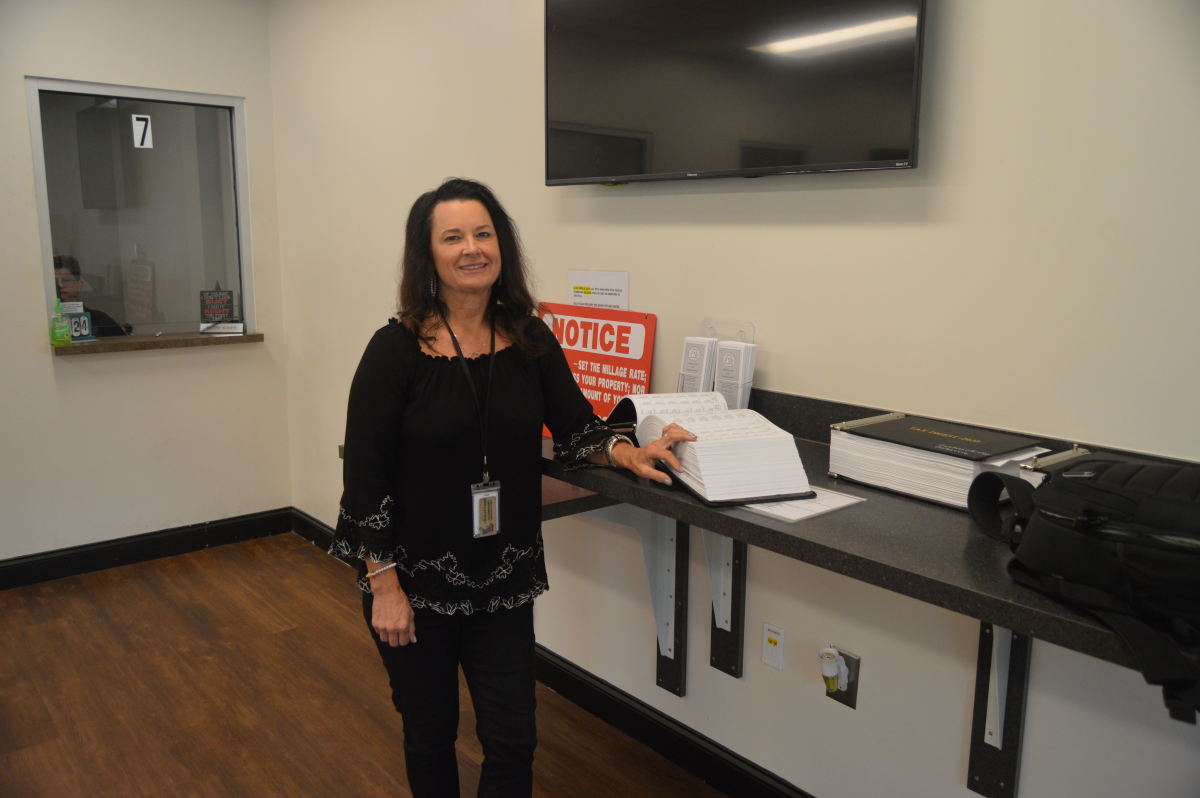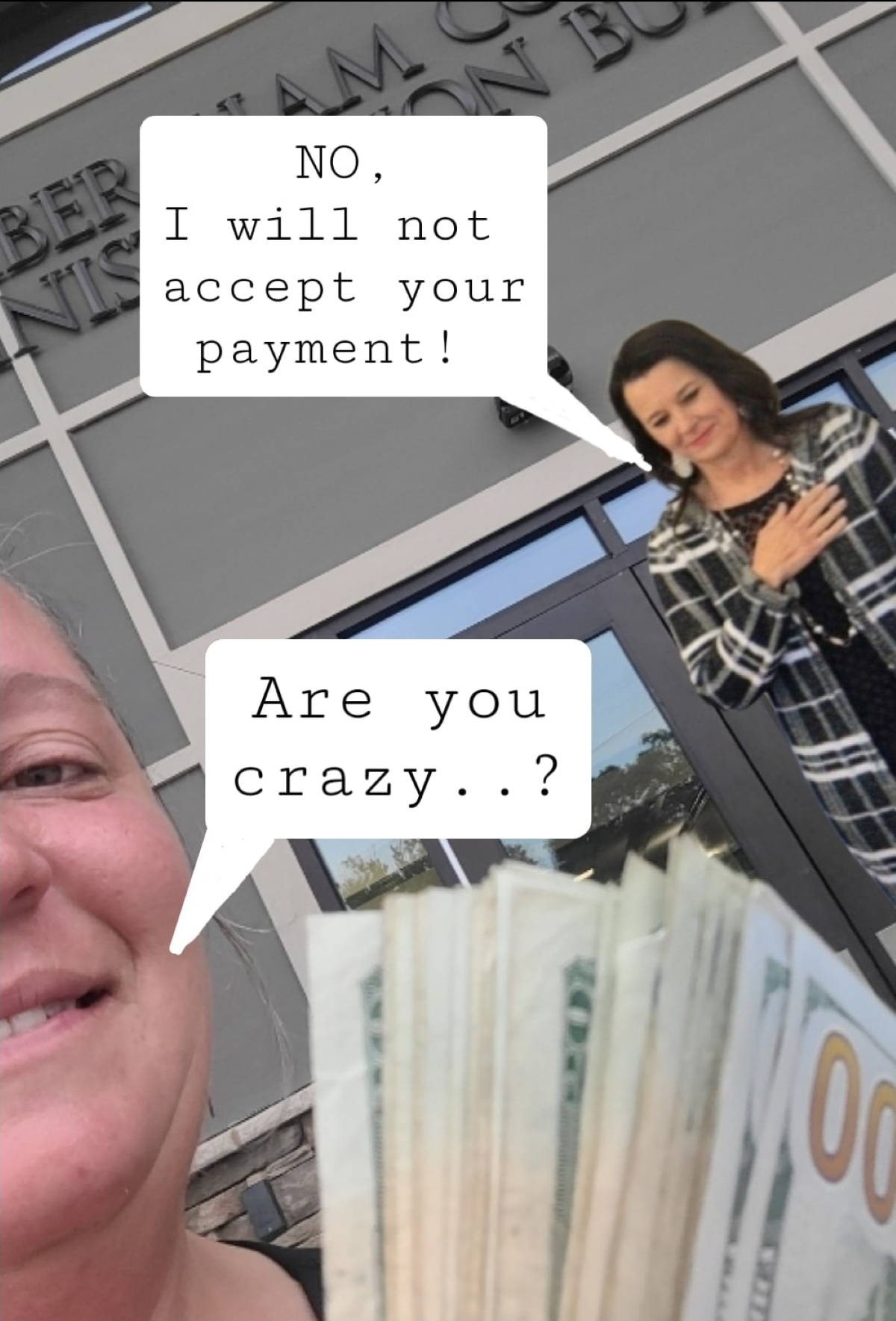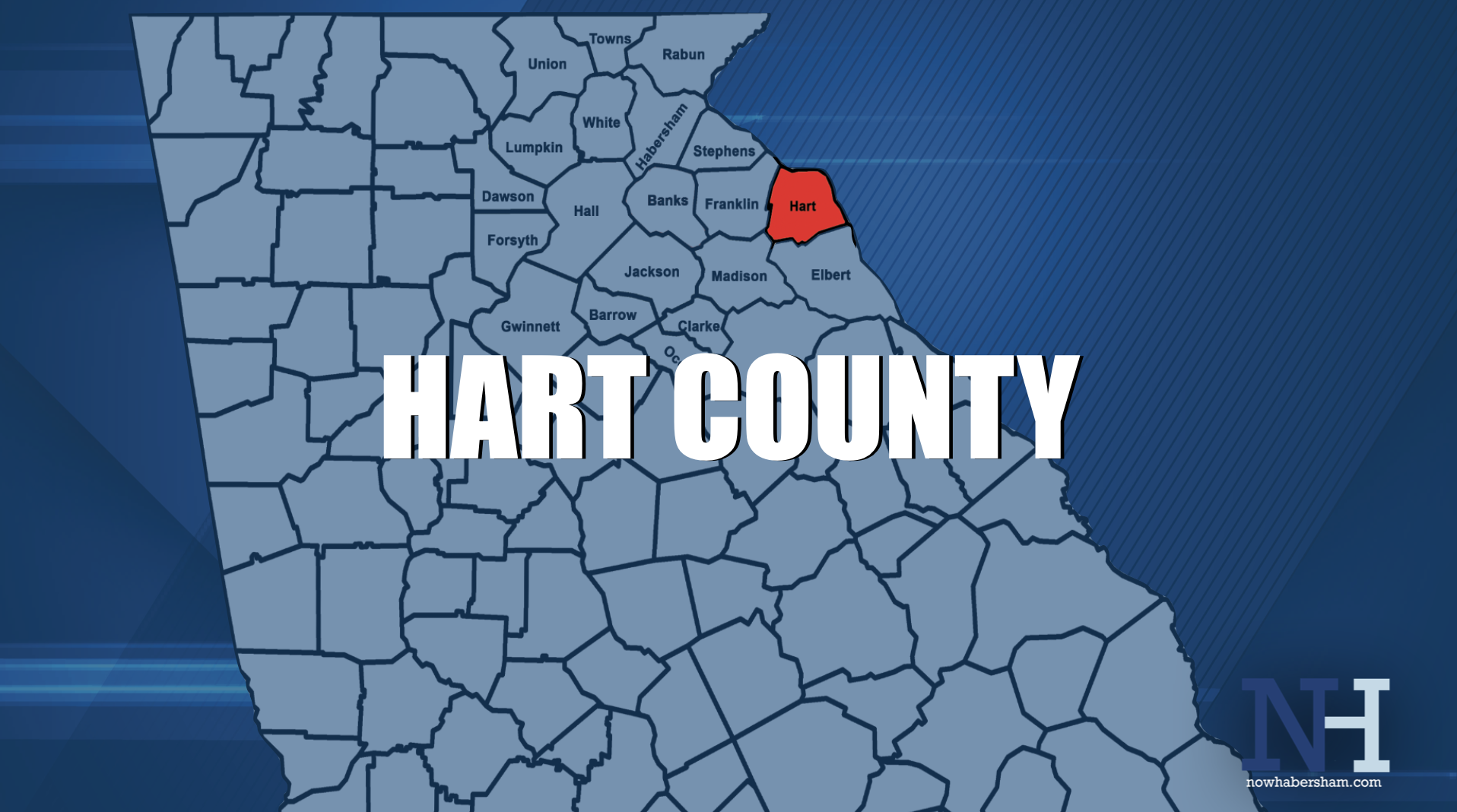
A social media influencer who typically parodies and satires local politics recently got serious. He organized a grassroots campaign to help delinquent taxpayers at risk of losing their homes.
Jeremiah Heaton grew up in Habersham County and now lives in Virginia. Still, he has a tight bond with friends and family who live in this area. When the county released a list of 36 properties it intended to sell on the courthouse steps on July 5, he acted. He researched the property owners and then contacted them to let them know that their property would be sold if they didn’t act immediately.
Heaton managed to reach the majority of the owners. He also developed a network of contributors through his Facebook posts and phone calls and got people to donate.
He says some of the property owners had fallen on hard times. Some were unable to pay their taxes because of medical expenses. A car accident left at least one unable to work. In some cases, the property owners had died, and their families were unaware the taxes weren’t paid.
An ‘aggressive’ approach
By the time July 5 rolled around, the county only had three properties left to sell. Heaton and his followers saved ten homes from the auction block by paying off the back taxes. Owners and family members paid the taxes on the other 23 properties.

It was a sort of self-redemption for Heaton, who said he felt awful after a woman contacted him last year to tell him she’d lost her home in a tax sale. By the time he was notified, though, he says there was nothing he could do to help her.
Heaton accused Habersham County Tax Commissioner June Black-Warren of taking a “very aggressive” approach to tax collections. Social media users rallied around him. Many applauded his efforts and criticized Black-Warren. Some speculated about her methods and motives. Heaton led the call for the longtime tax commissioner’s ouster.
While the activism succeeded in saving people’s homes and property, it also resulted in misconceptions about the law and how the county tax office operates.
It begins with the due date
A property owner is responsible for paying their tax bill the moment they receive it. That’s when the tax sale clock starts ticking. From that date, Habersham County property owners have 11 months to pay their taxes before the county puts their property up for auction.
The county charges interest and penalties on unpaid taxes after November 15.
While it’s her job to collect the taxes, Black-Warren disputes critics’ claims that her office doesn’t offer payment plans.
“The idea that we don’t work with them, that we don’t help them, it’s totally not true,” she insists.
She says it’s the property owners’ responsibility to reach out to her office to let them know if they’re having a difficult time coming up with their tax payments. There is no way for her or her staff to know everyone’s financial situation. They mail out over 26,000 tax notices each year.
“[Taxpayers] get a little letter that says, ‘Hey, don’t forget your taxes are coming up for November 15th. If you want to start making payments now, now’s the time to do that.”
It’s the tax commissioner’s job to collect the taxes, but her office does not determine how much you pay. That’s done by the school board and county commission. They set the millage rate based on the county’s tax digest. The tax assessor’s office sets the digest.
Communication with taxpayers
Typically, Habersham’s property tax bills are mailed out the first week of August.
The tax commissioner’s office outsources the printing and mailing of tax bills and Fi-Fa notices. Fi-Fa notices are sent by certified mail to delinquent taxpayers in February. These notices alert them that the tax commissioner intends to sell their property for non-payment. If the certified letter is returned, then the company that sent it begins searching for the responsible party or next of kin.
The county tax office also tries to contact property owners about past-due taxes, Black-Warren says.
“Yes, we do make phone calls. We call for mobile homes. We call for land, for personal property, for timber tax, for heavy equipment. We do make those calls,” she says. “By the time it gets to July, they’ve had nine times that they’ve (the property owner) had communication.”
“By the time we go to sell, we may have five to eight properties, and that’s normal. This time we had three, with a little help,” she says.
Tax lien vs. judicial sales
Another criticism leveled at Commissioner Black-Warren is that her office doesn’t wait a full year before putting delinquent properties up for sale. Black-Warren explains that’s a different kind of sale – a judicial sale.
Properties sold at judicial sales are difficult for owners to get back. Once they’re sold, they’re sold. State law offers little recourse by which the previous owners can repossess them.
In a tax lien sale like Black-Warren conducts, the property owner has 12 months to “redeem” their property after it’s sold. This system ensures the county gets its money in a timely manner and the property owner at least has a chance to get back their property.
But it comes at a price.
Former owners may buy back their property from whoever bought it for the purchase price plus 20%. An additional 10% is charged for each year or fraction of a year between the sale date and redemption date.
From mortgage-free homeowner to homeless
The woman who lost her home in a tax sale in 2021, Karen Christopherson, says she owed $900 in taxes. She refused to pay, claiming sovereign citizenship. By the time she relented, she says, it was too late.

“I ran a check up to the tax commissioner’s office for the tax, but it was mailed back to me because it was too late, I was told. I had to have a cashier’s check or money order the day of the sale,” she wrote in an email to Now Habersham. “Bottom line, I did not pay my taxes for one year, and now I am homeless.”
Christopherson did not pay to redeem her home and was evicted in October 2022. A Habersham County Superior Court judge upheld the realtor’s claim to the property. The house he bought at auction for $89,000 is now on the market for $297,000.
After court fees, penalties, and back rent, Christopherson walked away from the ordeal with a little over $80,000 in her pocket. She readily admits she had offers of help along the way – help from family to pay her back taxes and later, to redeem her property. But she refused, firm in her belief she should not have to pay.
Hers is a cautionary tale– one Heaton said he didn’t want to see repeated.
No laws broken
Throughout the weeks of online uproar, accusations began swirling that the tax commissioner was personally profiting from tax lien sales.
Black-Warren vehemently denies such accusations.
“I do not sell properties. There’s no way for me to profit from that as far as me personally because I can’t stand there and bid on my own properties for tax sales. That is why I hire a third party to do that. So that is totally not true.”
Now Habersham reached out to the Georgia Association of Tax Officials President Roger Collins. Heaton contacted him several weeks ago about the tax sale issue. Heaton asserted that Black-Warren was breaking the law by putting properties up for sale sooner than 12 months.
“He (Heaton) was identifying (a law) that she was breaking and she wasn’t,” Collins tells Now Habersham.
Collins explained that the law that Heaton was referencing was for a judicial sale through the court system, while the tax lien sales Black-Warren conducts fall under a separate code section.
Refusal of payment
Another accusation leveled at the tax commissioner dealt with her refusal to accept payment for one of the properties listed for sale.

Alice Venter, the acting mayor of Baldwin and a friend of Jeremiah Heaton’s, helped line up donors to pay off back taxes to save people’s homes from the auction block. Venter claimed Black-Warren refused to accept a $2,500 payment she tried to make on behalf of a family on the day of the tax sale.
Black-Warren admits she did initially refuse to accept that payment, but says it’s because she had made prior arrangements with the homeowner.
Just days prior to the sale, the tax commissioner says she spoke with the property owner about his past-due taxes. She explained to him that she could only accept cash or a certified check at that point in the process. According to Black-Warren, the property owner told her he had the money and would bring it to her on the morning of July 5 – which was the day of the sale.
Black-Warren says she wanted to give the property owner first right of payment since they had disccused the matter. She says she was unaware that someone other than the owner would be paying. She eventually accepted the money, but not before Venter shared the episode on social media, further fanning the flames of social media discontent.
Moving forward
It’s been a challenging few weeks for Habersham County’s tax commissioner. After 18 years of relatively low-key public service, finding herself at the center of a social media maelstrom has been disconcerting. Still, she’s confident in the work she and her staff are doing and hopes the general taxpaying public understands she’s just doing her job.
From Judge Caudell’s ruling in the Christopherson case to the tax association’s assessment of how she’s applying the law, her actions have been upheld. Still, that isn’t stopping Heaton. He’s doubling down on his efforts to help delinquent taxpayers.
He, Venter, and others are forming a nonprofit under the working name Save Our Homes Habersham.
“This organization will provide a safety net to protect homeowners from losing their homes to back taxes,” says Heaton.
The group will offer direct financial assistance and will also work to keep residents informed of tax deadlines and other valuable resources, he says.
“Through our group’s unwavering dedication to compassion and justice, we are confident that together, we can create a lasting impact,” says Heaton. He adds that the group’s ultimate goal is “securing a more stable future for our community’s most vulnerable neighbors.”






